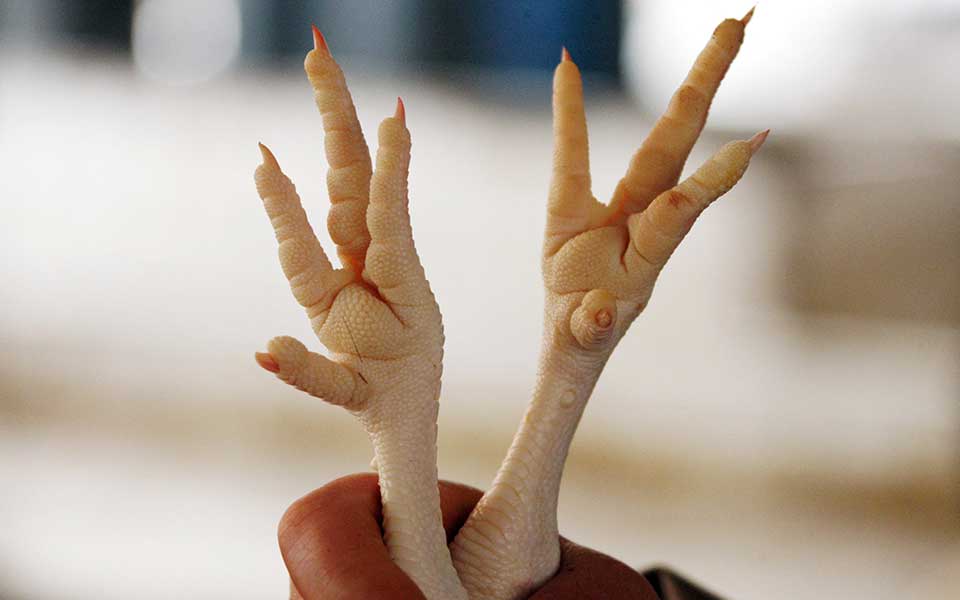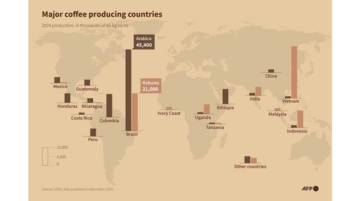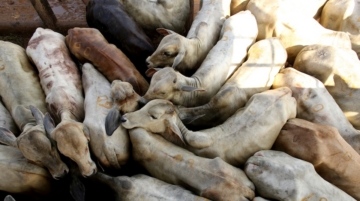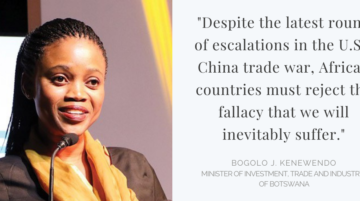
A recent article from Chinese media outlet Phoenix News delves into the humble yet geopolitically charged world of chicken feet—a delicacy in China and a waste product in the U.S.
The piece begins by examining how Chinese chicken feet importers are navigating a shifting landscape of tariffs, then broadens out to reveal the surprisingly globalized supply chain behind this niche item.
In 2024, Brazil surpassed the U.S. to become China’s top supplier of chicken feet, pushing American imports to fourth place. Importers now source from a growing network of countries, including Argentina (poised to re-enter the market after China lifted its two-year avian flu ban), Thailand, Russia, Belarus, and most unexpectedly, Uzbekistan.
In April 2023, the first 40-ton shipment of Uzbek chicken feet crossed into China through Xinjiang, destined for markets in Guangzhou and Chengdu, marking a new frontier in this peculiar trade.
Beyond geopolitics, the article also explores the gastronomic nuances that drive demand. Chicken feet are graded by size and preparation: U.S. “phoenix claws” (another way to call chicken feet in Chinese), often cooked and weighing up to 50 grams each, are prized for their plumpness; Brazil’s raw versions top out at 40 grams and shrink when boiled.
For northern Chinese barbecue vendors, a single, hefty American claw skewered and grilled has far more visual appeal than two smaller Brazilian ones
As with chicken feet—once discarded by Western meat processors but now transformed into strategic trade assets—pork byproducts have followed a similar arc from refuse to high-value exports. Items like pig ears, snouts, tails, and even uteruses and spleens are culinary staples in China: crisped pig ears in Sichuan cold dishes, braised tails in Cantonese stews, and gelatin-rich snouts in Dongbei cuisine all command premium prices.
The article also highlights how China has used this demand as diplomatic leverage.
After the EU probed Chinese electric vehicles (EVs) in 2023, China retaliated with an anti-dumping investigation into EU pork and pork byproducts. When Canada later imposed tariffs on Chinese EVs and steel, Beijing responded with duties on Canadian seafood and pork.








